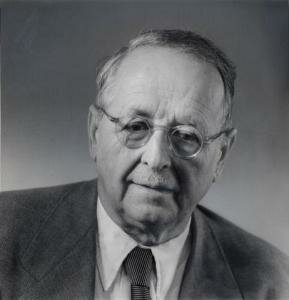Important though the general concepts and propositions may be with which the modern industrious passion for axiomatizing and generalizing has presented us, . . . I am convinced that the special problems in all their complexity constitute the stock and core of mathematics; and to master their difficulties requires on the whole the harder labor. . . . The general theories are shown here as springing forth from special problems[.]
–Hermann Weyl,
Oh, no, no, no. I think fiction, and biography and history, are the forms. I think one can say much more about general abstract ideas in terms of concrete characters and situations, whether fictional or real, than one can in abstract terms. . . . And I must say I think that probably all philosophy ought to be written in this form; it would be much more profound and much more edifying. It’s awfully easy to write abstractly, without attaching much meaning to the big words. But the moment you have to express ideas in the light of a particular context, in a particular set of circumstances, although it’s a limitation in some ways, it’s also an invitation to go much further and much deeper.
–Aldoux Huxley, interviewed by Raymond Fraser and George Wickes, The Paris Review
I have collected a few other quotes along these lines over the years on my pedagogy page, including one by Michael Atiyah, who expresses great admiration for Weyl and his book. Here is another, beautiful bit from the latter’s preface:
The stringent precision attainable for mathematical thought has led many authors to a mode of writing which must give the reader an impression of being shut up in a brightly illuminated cell where every detail sticks out with the same dazzling clarity, but without relief. I prefer the open landscape under a clear sky with its depth of perspective, where the wealth of sharply defined nearby details gradually fades away towards the horizon.
In the same preface, we also find a complaint:
The gods have imposed upon my writing the yoke of a foreign tongue that was not sung at my cradle.


